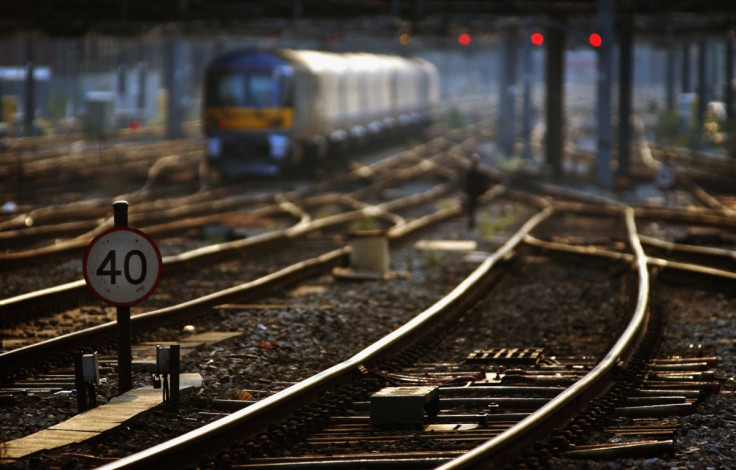Britons spend six times more on rail fares than Europeans

British railway commuters spend a greater proportion of their salaries on rail fares than other Europeans, according to a study by Action for Rail study. It found that Britons were shelling out as much as six times more on railway fares than their European counterparts.
The research, which analysed similar journeys into four major European cities, indicated that season tickets in Britain were significantly more expensive. It showed that Britons pay about 13% of their wages on the passes, while citizens in Rome pay just 2% of their salary to travel the same distance. This was the case even after factoring in higher average salaries in the UK.
While a monthly season ticket from Chelmsford to London costs £357.90 (€484.9, $527.4), a similar rail commute in Rome would cost just £37, £56 in Barcelona and £95 in Berlin. In Paris, which is the second costliest destination in Europe, the rail fare was £234, 30% less than the UK cost.
An attempt to shift the cost of railways from taxpayers to passengers by successive governments has resulted in rail fares increasing above inflation for more than a decade. The Labour party claims that the cost of rail season tickets has risen by 25% since David Cameron became the prime minister in 2010.
Frances O'Grady, the TUC general secretary, said "It's hardly surprising that UK passengers think rail travel is bad value for money. Years of failed privatisation have left us with exorbitant ticket prices, overcrowded trains and ageing infrastructure. Ministers need to wake up to this reality instead of allowing train companies to milk the system at taxpayers' and commuters' expense."
However, the companies that operate the UK's trains argued that the study had not taken into account the quality of service provided and the level of subsidy paid by taxpayers. They also said that an increase in rail fares was controlled by the government.
© Copyright IBTimes 2024. All rights reserved.





